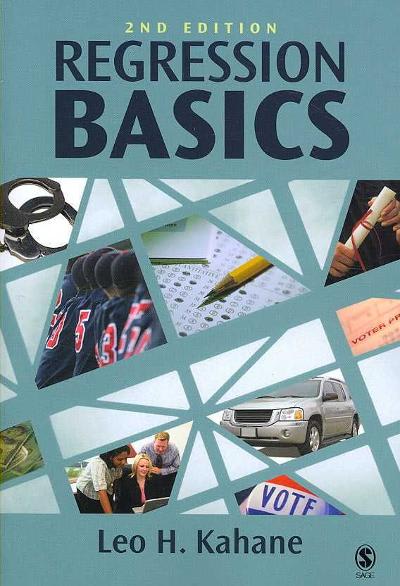Question
The brain of a teenager is different from that of an adult. The frontal lobes are not fully mature until the mid-twenties and the reward
The brain of a teenager is different from that of an adult. The frontal lobes are not fully mature until the mid-twenties and the reward centers tend to have an exaggerated response to larger rewards compared to small rewards. This biological reality may affect teenage decision-making.
Consider the debate about how we should treat teenagers in the context of the criminal justice system, where teenagers may be held accountable for their behavior similar to punishments for adults. What have you learned about in the context of development across the lifespan that would be relevant to this debate? How can psychologists provide guidance for the criminal justice system when it comes to teenage behavior? What experiments have you learned about are relevant to this debate or what experiments could you imagine that would help us address this debate?
Step by Step Solution
There are 3 Steps involved in it
Step: 1

Get Instant Access to Expert-Tailored Solutions
See step-by-step solutions with expert insights and AI powered tools for academic success
Step: 2

Step: 3

Ace Your Homework with AI
Get the answers you need in no time with our AI-driven, step-by-step assistance
Get Started


